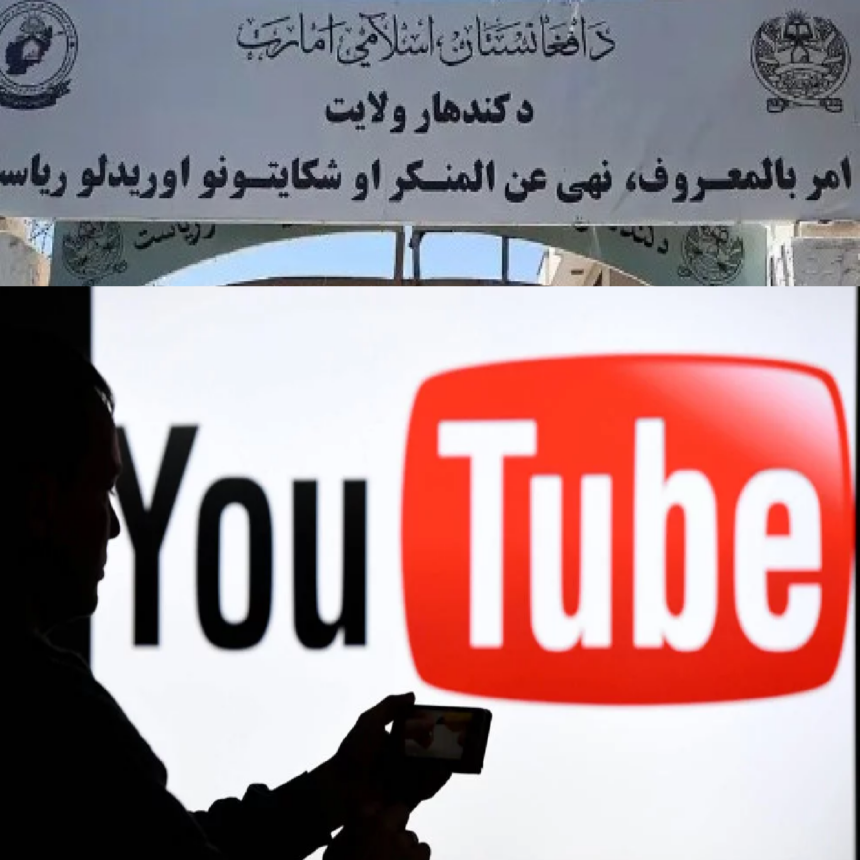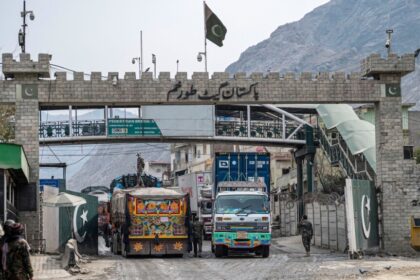RASC News Agency: Local sources in Kandahar have confirmed that the Taliban’s so-called Ministry for the Promotion of Virtue and Prevention of Vice has issued a sweeping ban on YouTubers and social media content creators in the province an order that extinguishes one of the last avenues of free expression in Afghanistan’s south.
According to accounts from several Kandahari YouTubers, Mullah Abdul Karim Faqir, the Taliban-appointed provincial head of the ministry, summoned online creators and local artists to a meeting where he dictated that all production and dissemination of videos, performance sketches, and digital content must stop immediately. This was not a suggestion but a threat: those who failed to comply were warned they would face direct punishment from Taliban enforcers.
In the aftermath of the meeting, some participants released farewell messages on Facebook, declaring that their final posts would mark the end of their work. They cited Article 17 of the Taliban’s draconian “Virtue Code,” which bans the publication of images of “living beings.” For these young creators, the decree amounted not only to the destruction of their livelihoods but also to the erasure of their voices and creative identities.
This move is part of a broader Taliban strategy of information strangulation. Over the past four years, the group has dismantled Afghanistan’s independent media sector with alarming speed and brutality. Dozens of radio and television stations have been forced to close, hundreds of journalists have fled the country, and those who remain work under constant surveillance and intimidation. Coverage of women’s protests, critical investigations into corruption, and even the broadcasting of music have been outlawed across multiple provinces.
The Kandahar ban highlights how the Taliban has weaponized censorship into a tool of absolute control. The so-called Ministry for the Promotion of Virtue has expanded far beyond dictating women’s dress or restricting their movement; it now functions as a central pillar of authoritarian power, silencing dissent, eradicating creativity, and dismantling the social fabric of a nation that once struggled toward pluralism.
Afghanistan today faces what international watchdogs have called a “manufactured media blackout.” Press freedom organizations and human rights bodies warn that the Taliban’s calculated suppression of information is not only a grave violation of basic human rights but also an attempt to sever Afghanistani citizens from the outside world. By silencing journalists, artists, and digital voices, the regime is isolating an entire population and ensuring its abuses remain hidden.
As one Kandahari content creator, now forced into silence, told RASC on condition of anonymity: “We are not just losing our channels we are losing our existence. They want to erase our voices until no one beyond these walls knows we are here.”






